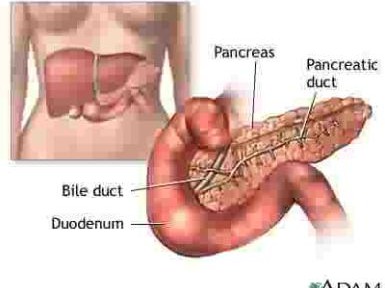9 tips for getting through the winter healthy
Winter is here and we’ve begun to have cold, hazardous weather. Have you planned how you will continue your healthy lifestyle before the season takes its toll? Being consistent with your exercise routine and healthy eating habits would help. Don’t sit back and accept changes to your life that would be unhealthy. Resolve to eat right, stay active and do what it takes to avoid seasonal depression. Yes, winter does bring on depression for some people who have a problem with the days ending earlier, resulting in less daylight. Some have to be medicated to ward off depression.
Start now by being proactive. Implement some DOs and DON’Ts that will keep you on the path of staying healthy.
- Set your goals – continue or set up a regular healthy routine that will remind you daily of your goals and deadlines. With the holidays just passed, many ditch their regular routine, but now is the time to get back up and resolve to start that routine again. Block out some time on your calendar, after family, friends, and deadlines, to allow you time for your exercises and healthy eating. Make sure some of your outings are active ones, not just shopping or the movies. If you don’t put it on your calendar as a daily/weekly commitment, you won’t do it. Make your health and exercise just as important as any other calendar item.
- Protect yourself again flu and cold this season by making sure you wash your hands regularly. This should be done especially while touching doors and taking public transit. Get your flu shot and get adequate rest, especially if you start feeling like something is off. Some simply take a vacation in the winter to rejuvenate?
- With all the fun activities available for everyone you should be able to plan some activities that involves moving, like skiing, skating or sledding. Be sure to wear appropriate clothing during these activities. Join an exercise class for when the outside is not cooperating.
- Plan Regular Gatherings to keep you on a routine. Sometimes just staying busy with some routine can help you avoid a slump. Immediately after holidays can be depressing if you don’t stay busy with a regular routine. If you can’t plan regular gatherings, join a Club, even if it’s a book club that meets regularly. It’s the perfect opportunity to meet new people and get out of the house. Once you’re committed, you’re more likely to follow through. You will have people to keep you accountable. Or simply make a routine of meeting a friend for breakfast or coffee. Simply schedule it – and do it.
- Watch your calories – You’ve probably increased your fat and sugar intake from the holidays. Now you must fight that unhealthy habit, however temporary it was by planning healthy meals rich in vegetables. And always remember not to overindulge, moderation is key. You’ll have your waistline back in no time and your mental attitude will be healthier.
- Sleep – Do you get enough sleep every night? Its understandable when you pushing against a deadline, but it should not be your regular routine. You cannot allow your sleeping habits to affect your overall health. Your body heals and refuels in the process. With too little sleep you will skip other important things like exercising or cooking healthy. Your immune system will get weaker for lack of sleep and become more vulnerable to viruses. With improper rest, it becomes harder to recuperate when you do get sick.
- De-Stress – with shorter, cooler days tend to have a negative impact on every area of your health. Some lose their will to exercise which will increase their stress along with weight gain that affects their overall personal and business relations. Many, like myself, have Seasonal Affective Disorder, which is basic winter depression. I can’t adjust to shorter days, less light. Take a vacation. But to counteractive the onset of depression, I schedule a lot of activities with clubs and social outings in the evenings to make the time go faster. Put it on your calendar as a regular routine to meet with friends, play a sport, exercise, or simply read a good book. The key is to do it regularly.

- Snack Healthy – while the winter blues may drag you down and cause stress and overeating, you can still snack on healthy foods. Don’t load up on high fat/sugar foods that will only make you sluggish. Select snack foods that have antioxidants, protein, vitamins, protein and fiber. A well-rounded diet will quench your hunger while boosting your energy and add strength to your immune system.
- Alcohol in Moderation – While people tend to drink more during the holidays, be aware of the quantities and don’t stay consistent after the holidays are over. People tend to not be aware of their alcohol intake when they are celebrating, laughing and socializing. Alcohol has high calories and its been proven that excessive drinking can be damaging to your health. Know when to say NO. And please, please don’t drink and drive!!!
Thank you for spending time with us today. Please sign up for our email updates here. Please follow us on twitter @jomainea
Come back often – we will be following up with other health and life-related articles.
 Follow
Follow
 Info@jomaine.com
Info@jomaine.com



